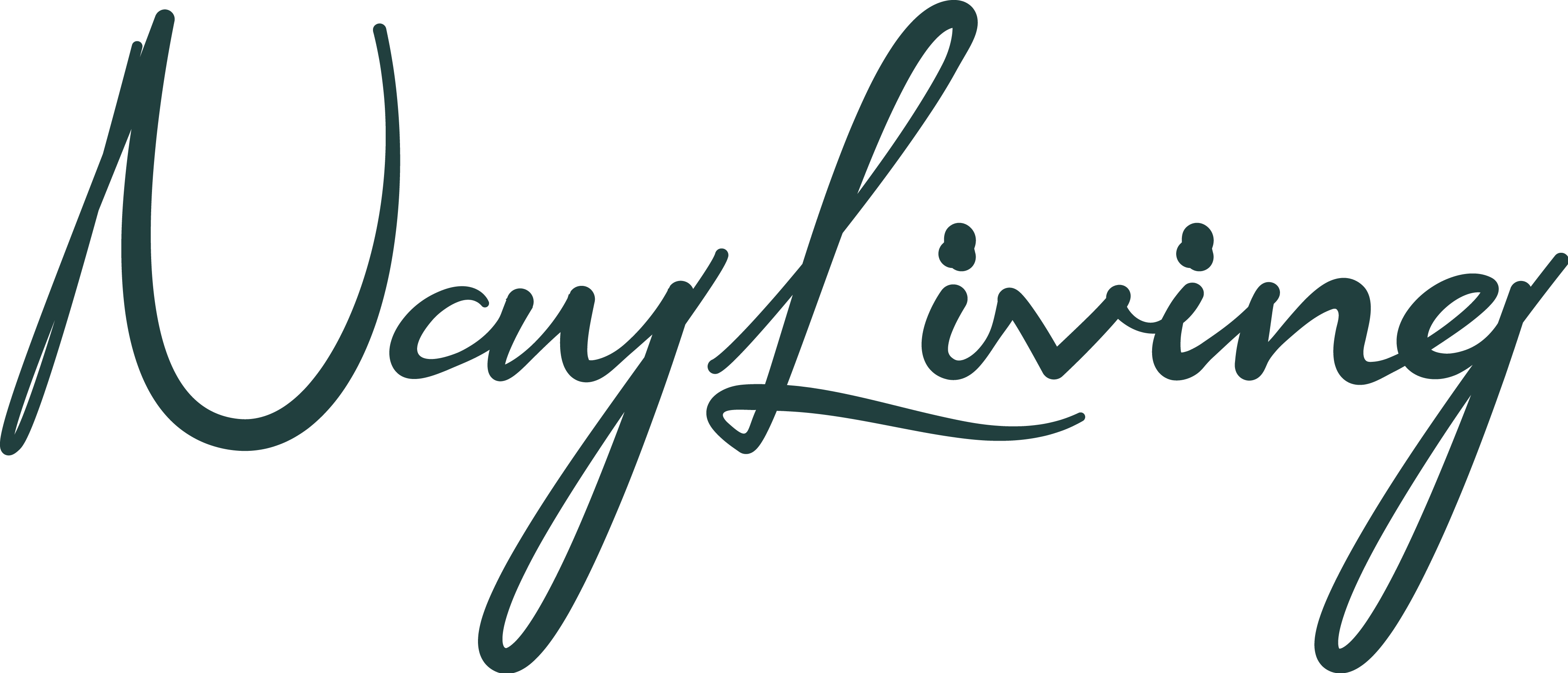
These days, words like trauma, projecting, and self-reflection are buzzing everywhere. It’s almost like someone spilled the details from their therapy session, and suddenly, everyone around could relate. It’s kind of what social media is like, right? People have found a safe space online, where sharing the most personal details of their lives with everyone feels natural. Some of us are the same way. But the downside for us will always be seeing others trying to project their experiences and traumas onto others. You might have some of that in the comment sections but mostly, we see it happen in our real lives and personal relationships.
Before we move on, we would like to say that we are not experts by any means, but we are people on personal journeys of wellness. And, making sure not to project our trauma from past relationships into new ones or on to others is something we’d like to talk about.
From experience, we’ve learnt that it’s easy to project hurt, expectations, and childhood traumas onto new relationships. Have you ever left a toxic relationship and found yourself repeating the same patterns with a totally different person? When we project our emotions, it might seem like we’re blaming or accusing others, but it’s really about our own unaddressed feelings.
One way we’re working towards not projecting negative feelings onto others is by looking inward. If we take a moment to think about why we feel a certain way, it can help us understand ourselves better. This understanding is key to stopping ourselves from repeating negative patterns.
Also, having clear communication and discussing projections can help the relationship. By openly discussing our feelings and acknowledging when we might be projecting, we create a space for growth and mutual understanding. This can significantly reduce misunderstandings and foster a healthier connection.
When we talk about not projecting past traumas, we know it’s not easy. It takes time, effort, and a lot of self-reflection. We’re not saying it’s a one-size-fits-all solution, but it’s a step towards finding clarity within ourselves. This process is ongoing, and we’re here to support each other through it.
So, next time you catch yourself making assumptions or feeling unusually critical, take a moment to look inward. Ask yourself if there’s an unresolved issue from your past influencing your current feelings. Communicate these reflections with your partner or a trusted friend. This doesn’t mean your concerns are invalid; it just means you’re taking an extra step to ensure your past isn’t clouding your present.
Navigating the complexities of our emotions and past experiences is challenging but rewarding. It’s never an easy or comfortable process but by doing it, we can create healthier relationships. Plus, we can continue on our personal journeys of wellness. Remember, it’s about progress, not perfection.




